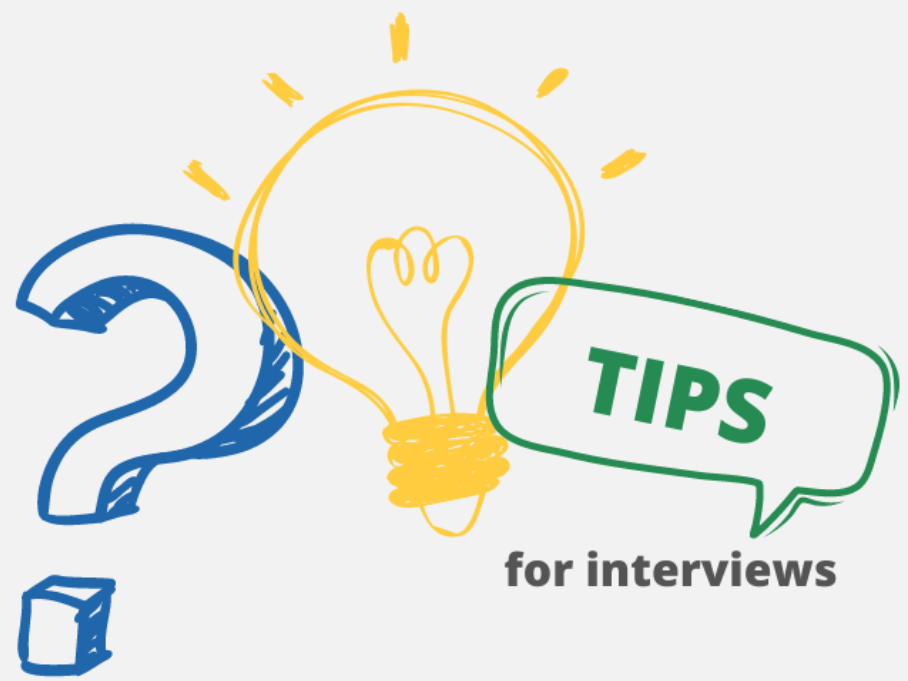The interview process can be terrifying, even for the most skilled professionals. Most of the questions asked during an interview are rather standard, yet when put on the spot, finding the right words can be hard. However, we often forget that an interview is just a conversation between two people (or a panel), with a desired outcome – the recruiter is looking for top talent, and the professional is looking to land their dream role. So how can we make the best out of interviews and tame our nerves? Read on.
Preparation
There is no greater power than being prepared – for whatever is thrown at you. This entails understanding the role that you are applying to, in addition to the company and its internal culture. By assessing your experience and matching it with the skills the company is looking for based on the job description, candidates should know what to highlight. Role playing interviews is also a helpful tool to ensure your answers are on point and delivered in the best possible way.
The standard questions will always come
There are 50 or so standard interview questions that are asked, without fail, in every interview. The interviewer typically starts with wanting to get to know you better. They ask “tell me a bit about yourself…” and a dramatic pause, then an existential crisis ensue. The answer to this query should be concise, and highlight key points from your education and professional experience that would make you the ideal candidate for the role. What you ate for breakfast as a child that inspired you to become the person you are today, should be left out. The interviewer is looking at how you organize your thoughts, and present yourself in the best possible light. Make it a good story.
Then the tricky interview questions appear
There are many tricky interview questions that can catch anyone off guard. Some strange questions we have heard include:
- If you were a Disney character, which one would you be and why?
- If you were a pencil and got stuck in a blender, how would you get yourself out?
- If you were a kitchen utensil, which one would you be and why?
- To very personal ones… what is your horoscope? (true story)
The purpose of these questions is not to know if you prefer Simba from the Lion King, or wish you were a knife… the recruiter is interested in how you think, your process to reach a conclusion and how creative you can be with your response, under pressure.
Keep it sincere and positive
Most interviewers are really skilled and they meet with hundreds and thousands of candidates throughout their careers. They know when a candidate is being sincere, they know exactly what they are looking for. Your role is to stand out in the conversation. This is important when asked about your weaknesses or in what areas you wish to improve. Ensure you have 2 or 3 points prepared, and immediately follow with how you are actively working on improving them.
Also, remember never to speak negatively of your previous or current employer. When asked why you wish to leave your current role, tailor it to be about your career aspirations and ambitions.
In addition, ensure your responses can be backed up with concrete examples. If you list reading as a hobby, yet haven’t picked up a book since Kindergarten, it is best to skip it. Focus on your strengths, and be prepared to give examples or insights, to reinforce them.
Always, always, have questions prepared
When interviews come to a close, the interviewer typically asks if you have any questions. The worst response is ‘no’. Always have questions prepared that you can ask during the interview or at the end. By showing curiosity about the role, industry or company itself, this positively reflects back on you as a candidate.
We have conversations with new people every day. An interview is no different.
Read our post about being ‘hybrid competent’ here




